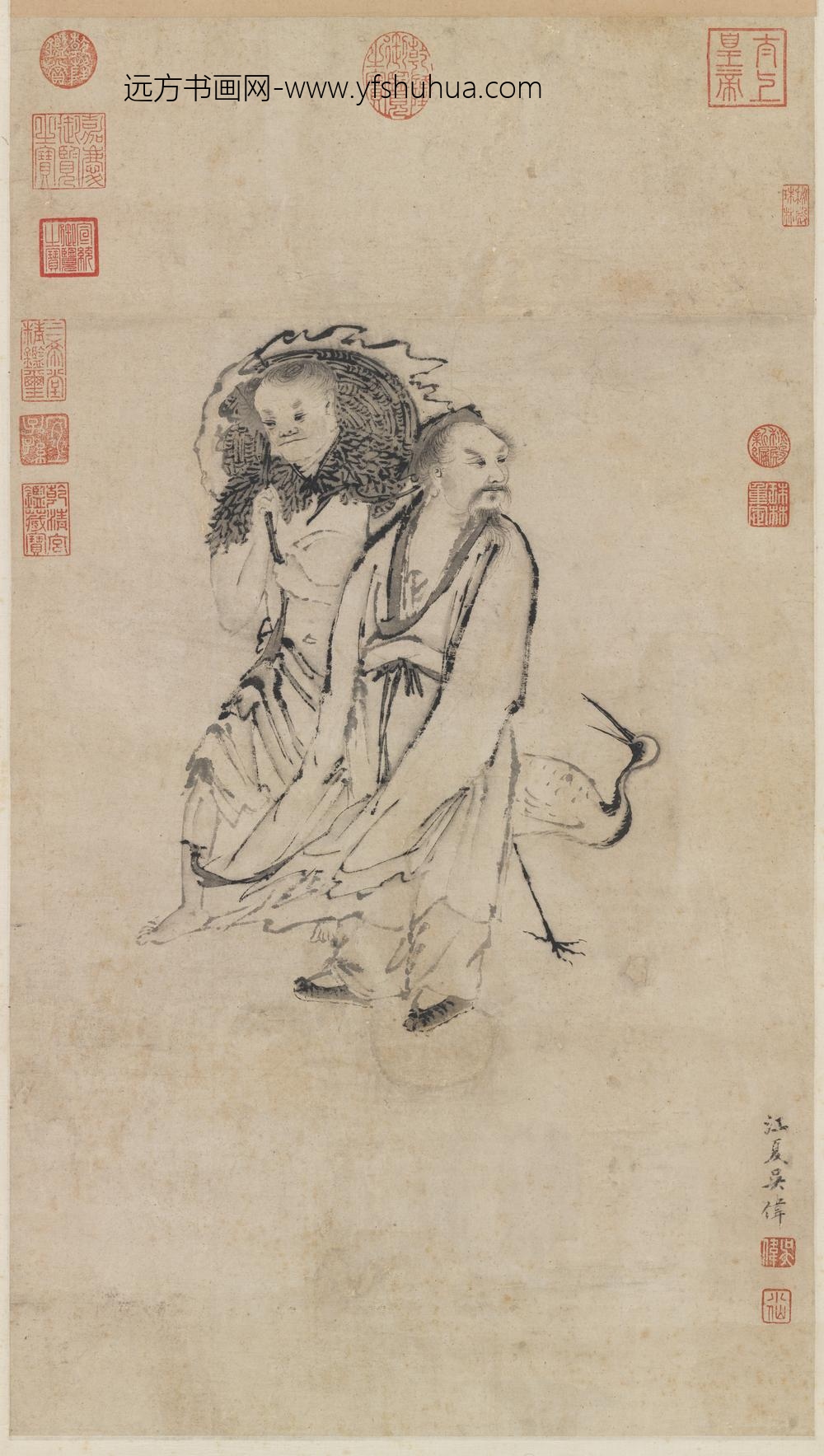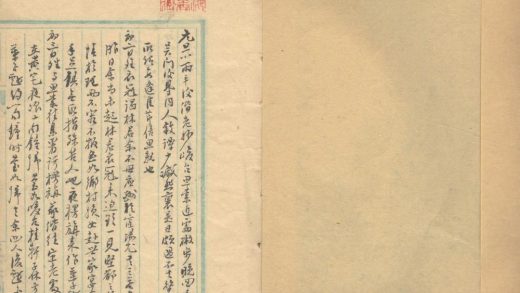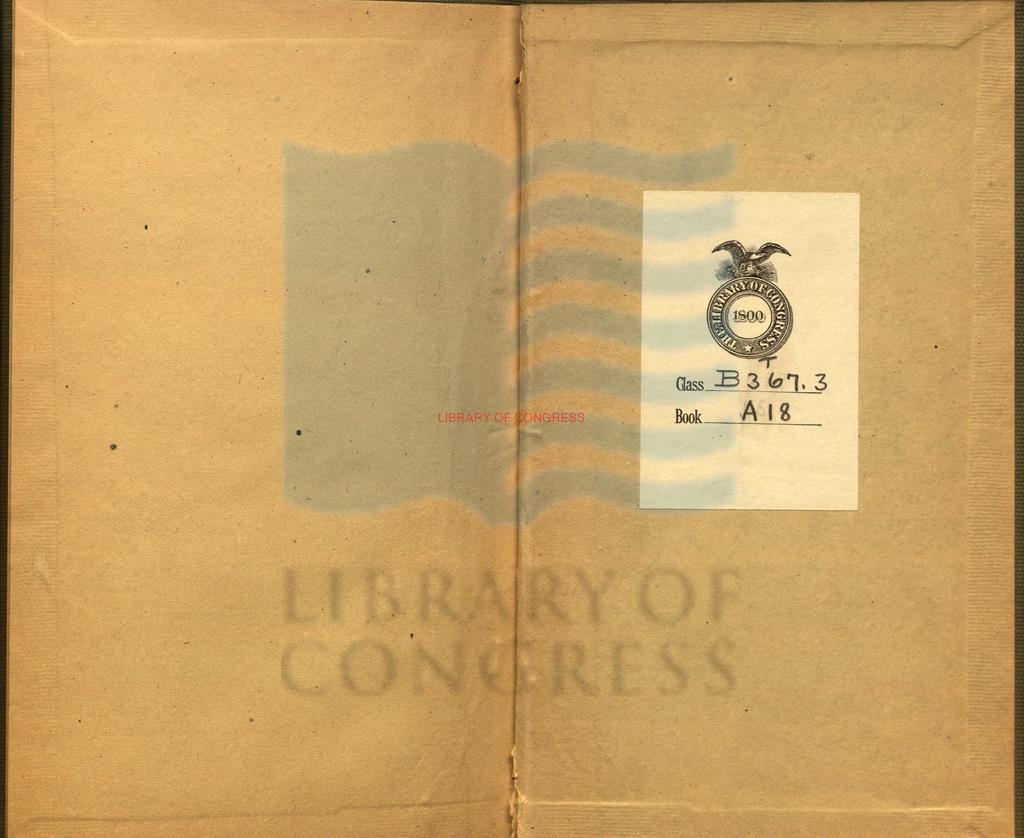【作品基本信息】
| 作者 | 吴伟 |
| 品名 | 仙踪侣鹤图轴 |
| 朝代 | 明朝 |
| 文件大小 | 18.0MB |
| 分辨率(DPI) | 300×300 |
| 像素大小 | 1843×3257 |
| 尺寸(CM) | 15.6×27.57 |
| 作品数量 | 1 |
| 作品收藏 | 台北故宫博物院 |
| 图片格式 | 默认提供TIF和JPG两个版本 |
基本数据
| 藏品类型 | 绘画 |
| 品名 | 明吴伟仙踪侣鹤图轴 Immortals in the Company of A Crane |
| 分类 | 绘画 |
| 作者 | 吴伟 |
| 数量 | 一轴 |
典藏尺寸
| 【位置】 | 【尺寸】(公分) |
| 本幅 | 68.7×39 |
质地
| 【质地位置】 | 【质地】 |
| 本幅 | 纸 |
题跋数据
| 【题跋类别】 | 【作者】 | 【位置】 | 【款识】 | 【书体】 | 【全文】 |
| 作者款识 | 吴伟 | 本幅 | 江夏吴伟 | 行楷书 | |
| 印记: 吴伟、小仙 |
|||||
印记资料
| 【印记类别】 | 【印记】 |
| 鉴藏宝玺 | 干清宫鉴藏宝 |
| 鉴藏宝玺 | 宣统御览之宝 |
| 鉴藏宝玺 | 太上皇帝 |
| 鉴藏宝玺 | 嘉庆御览之宝 |
| 鉴藏宝玺 | 秘殿新编 |
| 鉴藏宝玺 | 珠林复位 |
| 鉴藏宝玺 | 宜子孙 |
| 鉴藏宝玺 | 三希堂精鉴玺 |
| 鉴藏宝玺 | 秘殿珠林 |
| 鉴藏宝玺 | 乾隆鉴赏 |
| 鉴藏宝玺 | 乾隆御览之宝 |
<colspan=”1″ class=”width2″> 主题
| 【主题类别】 | 【主题(第一层)】 | 【主题(第二层)】 | 【主题说明】 |
| 次要主题 | 翎毛 | 鹤 | |
| 次要主题 | 器用 | 服饰(对人) | 斗笠 |
| 主要主题 | 佛道人物 | 神、仙 | 2人 |
技法
| 【技法】 | 【技法细目】 |
| 写意 | |
| 人物衣纹描法(粗细线条) |
参考数据
| 【类别】 | 【参考数据】 |
| 收藏着录 | 秘殿珠林续编(干清宫),页248 |
| 收藏着录 | 故宫书画录(卷五),第三册,页315 |
| 收藏着录 | 故宫书画图录,第六册,页325-326 |
| 参考书目 | 1.王耀庭,〈明吴伟仙踪侣鹤图〉,收入王耀庭、童文娥编,《长生的世界:道教绘画特展图录》(台北:国立故宫博物院,1996年初版),页78。 |
| 内容简介(中文) | 吴伟(公元一四五九至一五○八年),湖北江夏人。字士英,号鲁夫,更字次翁,又号小仙。幼年流落,曾佣工于钱昕家。后画名大着,宪宗时待诏仁智殿,孝宗时赐画状元印章。 吴伟画人物,出于吴道子,山水树石则自戴进来。此幅破笔焦墨,则是小仙本色。 |
| 内容简介(英文) | Immortals in the Company of A Crane Wu Wei (1459-1508) Ming Dynasty Wu Wei was a native of Chiang-hsia in Hopei. His style name was initially Shih-ying, but he later changed it to Tz’u-weng. His sobriquets were Lu-fu and Hsiao-hsien. A wanderer in his youth, for a while he worked at the home of Ch’ien Hsi. Later he became very well-known as a painter and during the Hsien-tsung reign (1465-1488) was called to the court as Painter-in-attendancd. Hsiao-tsung, the following emperor, bestowed on him a seal inscribed “First among Painters.” Wu Wei’s figure painting was in the tradition of Wu Tao-tzu, while his landscape style was derived from his near contemporary, Tai Chin. The use of ‘broken’ brush strokes and black, dry ink in this work represent a typical manner of his own. |
| 内容简介(中文) | 吴伟(公元一四五九-一五○八年)湖北江夏人。字士英,号鲁夫,更字次翁,又号小仙。幼年流落,曾佣于钱昕家,后画名大着。宪宗时,待诏仁智殿。孝宗时,曾赐「画状元」印章。 本幅水墨画仙人携鹤,童子赤足荷笠,直往前行;仙人似闻鹤唳声,回头看鹤,二者作呼应状。本幅多用秃笔勾画,线条极具精神,又用淡墨晕染,笔墨简单而清雅。 |
| 内容简介(英文) | The Sage of the Northern Sea Riding a Crane Wu Wei (1459-1508) Ming Dynasty Wu Wei, style names Shih-ying and Tz’u-weng; sobriquets Lu-fu and Hsiao-hsien, was a native of Chiang-hsia, Hupei. A wanderer in his youth, he was at one time employed as a servant in the home of Ch’ien Hsin. Later he developed his talent as a painter. During the reign of the Ch’eng-hua Emperor (r. 1465-1488) he received the title of Painter-in-Attendance in the Jen-chih Hall. The Hung-chih Emperor (r. 1488-1505) gave him a seal which read “First among painters”. This painting depicts an immortal astrides a crane; an attendant stands beside him on a lotus branch. The immortal has turned his head to listen to the crane’s cry; gazing at one another the two seem to communciate. Wu has used a worn brush, achieving a vigorous line. For the contrasting washes he has employed very light ink. |
【作品展示】

【下载地址】(支付后可显示下载链接,下载图片高清,无水印!默认提供【JPG快速浏览版】【JPG高清版】【TIF高清版】3个版本,百度网盘下载链接)
如何购买网站资源?

册-晋王羲之书十月七日帖-1-520x293.jpg)


